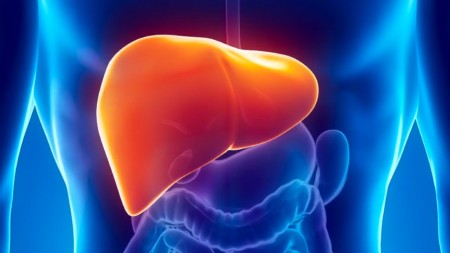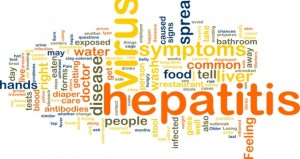10 Things you should know about Hepatitis

1. Hepatitis means the inflammation of the liver or a group of viral infections that affect the liver.
2. It is the leading cause of liver cancer and the most common reason for liver transplantation.
3. The most common types of hepatitis are Hepatitis A, B and C.
4. Signs and symptoms of hepatitis depending on which type, include abdominal pain, itchy skin, jaundice (yellow skin and eyes), weight loss, appetite loss, nausea and vomiting and diarrhoea.
5. Hepatitis A virus ( HAV) is present in the faeces of infected persons and is most often transmitted through consumption of contaminated water or food. Certain sex practices can also spread HAV. Infections are in many cases mild, with most people making a full recovery and remaining immune from further HAV infections. However, HAV infections can also be severe and life threatening. Most people in areas of the world with poor sanitation have been infected with this virus. Safe and effective vaccines are available to prevent HAV.
6. Hepatitis B virus (HBV) is transmitted through exposure to infective blood, semen, and other body fluids. HBV can be transmitted from infected mothers to infants at the time of birth or from family member to infant in early childhood. Transmission may also occur through transfusions of HBV-contaminated blood and blood products, contaminated injections during medical procedures, and through injection drug use. HBV also poses a risk to healthcare workers who sustain accidental needle stick injuries while caring for infected-HBV patients. Safe and effective vaccines are available to prevent HBV.
7. Hepatitis C virus (HCV) is mostly transmitted through exposure to infective blood. This may happen through transfusions of HCV-contaminated blood and blood products, contaminated injections during medical procedures, and through injection drug use. Sexual transmission is also possible, but is much less common. There is no vaccine for HCV.
8. It can be prevented through vaccination in children under the age of 1
9. Treatment includes antiviral drugs and ribavirin. Unfortunately these drugs have side effects that may make the disease worse before it makes you better.
10. If you are travelling to a country with low sanitary standards, avoid: drinking local water, ice, sea food, and raw fruit and vegetables. Hepatitis contracted through contaminated blood can be prevented by not sharing drug needles, not sharing razors, not using someone else’s toothbrush and not touching spilled blood.
Mbali Radebe





